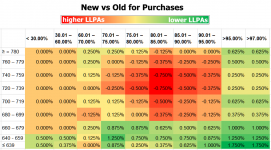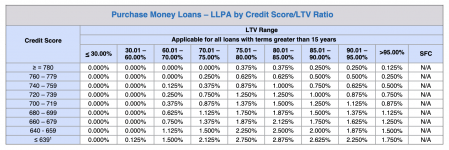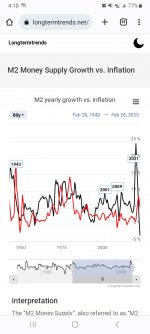We can't build SFR for less than $300K anymore in 95% of the country. It's just not possible due to labor, materials, and regulations. I keep beating this dead horse, but the most hidden cost in home construction is IRC codes. IRC is the "International Residential Code" that every 3 years puts out a new list of all the codes you have to meet to build a new home. Local jurisdictions then adopt these codes and make it the standard. The really fun ones add all kinds of other local stuff to the IRC codes.Yes.
...except it seems like all the residential construction in my metro is either single family homes that are priced over $300,000(and often over $500,000), or townhomes that are $180,000 to $400,000.
The concept of a single family home for $180,000 is seemingly gone. Heck, new construction $225,000 homes seem to be relatively rare too.
I get it- profit margin exists at higher pricing. But dang it seems like a disservice to the community to only provide townhomes if you cant afford a $300,000 new home.
Since 2009, IRC code changes have increased the cost to build a home by 30% on average in the US. So before we talk about material, labor, and land inflation... You are already 30% more expensive to build a home. That $150/SF house in 2009 now costs $195/sf... Add in the inflation and you are really looking at a minimum of $250/sf.
IRC
Below is a link to a breakdown of the 2021 IRC cost increases. If you are in Dallas or Miami that new red tape will cost between $6000 and $14,000 to the homebuyer. So to split the difference, your home is now $10,000 more expensive to build overnight when that code is adopted by your city or county.
2021 IRC Cost Impact
Last edited:


